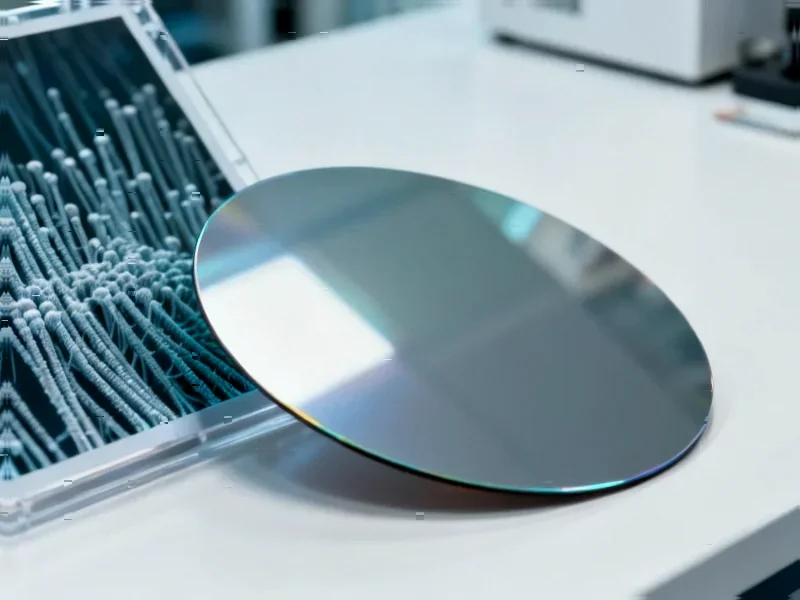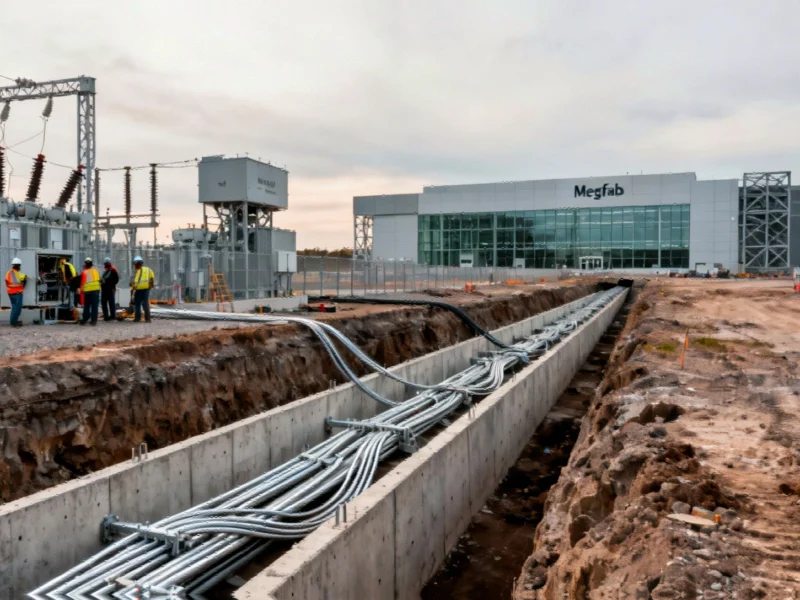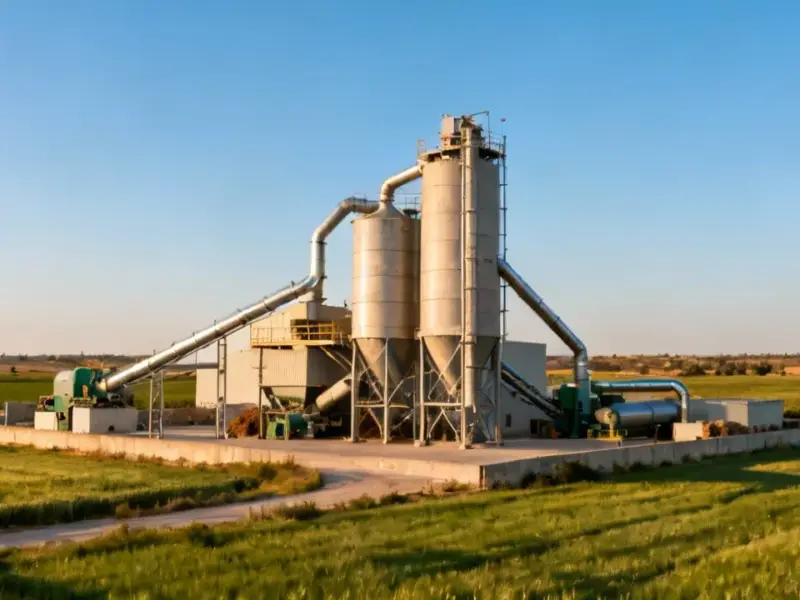According to Semiconductor Today, MACOM Technology Solutions has secured an exclusive license to manufacture products based on HRL Laboratories’ proprietary 40nm T3L gallium nitride-on-silicon carbide process technology. The Lowell, Massachusetts-based semiconductor firm will work with HRL to rapidly transfer this advanced semiconductor process from HRL’s Malibu facility to one of MACOM’s US Trusted Foundries. The T3L process utilizes a proprietary epitaxial structure and advanced gate design that delivers enhanced performance and reliability at millimeter-wave frequencies. This technology was matured by HRL under the Office of the Undersecretary of Defense’s STARRY NITE program and DARPA’s Dynamic Range Electronics and Materials initiative, along with additional HRL funding. MACOM president and CEO Stephen G. Daly calls T3L “one of the most advanced high-frequency semiconductor processes in the industry” and anticipates it will accelerate the company’s roadmap execution.
<h2 id="defense-tech-goes-commercial”>Defense tech goes commercial
Here’s what’s really interesting about this deal. We’re seeing advanced defense technology that was developed with taxpayer dollars through programs like DARPA’s DREaM initiative now transitioning to commercial production. MACOM wasn’t even part of those original defense programs, but they’re about to become the primary beneficiary. That’s actually a smart model – let the defense establishment fund the risky R&D, then hand it off to companies that know how to manufacture at scale.
And let’s talk about that 40nm specification. In the world of gallium nitride semiconductors, that’s seriously advanced stuff. Most commercial GaN processes are still working at much larger nodes. This puts MACOM in a pretty strong position for next-generation RF applications.
The manufacturing shift
MACOM is planning to move this process to one of their US Trusted Foundries. That’s significant for a couple reasons. First, it means this technology will be manufactured on US soil with all the security and supply chain benefits that brings. Second, it shows MACOM is serious about building out their domestic manufacturing capabilities for advanced semiconductors.
Remember that MACOM recently completed the transfer of their Research Triangle Park GaN-on-SiC fab. So they’re clearly building momentum in this specific technology area. This exclusive license with HRL basically gives them a technology moat that competitors can’t easily cross.
Where this technology matters
So what can you actually do with this T3L process? Millimeter-wave frequencies are where the action is for 5G infrastructure, defense radar systems, satellite communications, and eventually 6G. The fact that this process delivers both performance and reliability at those frequencies is a big deal. Reliability has traditionally been a challenge for GaN at higher frequencies.
MACOM’s CEO said this will accelerate their roadmap, which makes me wonder what they’ve got cooking that they haven’t announced yet. Are we looking at new defense contracts? Next-gen 5G infrastructure? Probably both. The company already serves both commercial and defense markets, so this technology fits perfectly with their existing customer base.
Bottom line: This is one of those deals that might not make headlines outside the semiconductor industry, but it could have ripple effects across multiple technology sectors. When defense-grade semiconductor processes start flowing into commercial production, everyone benefits. Keep an eye on what MACOM does with this exclusive license – it could reshape their competitive position in the RF semiconductor space.




